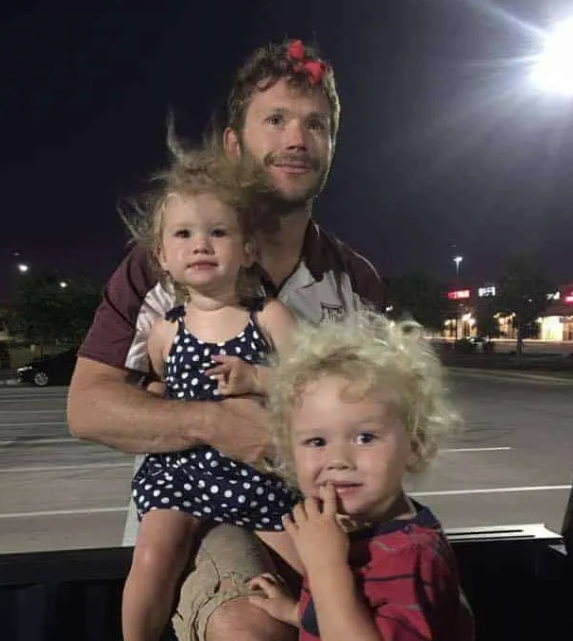My Biggest Business Failure Was My Best Career Investment

My biggest business failure was the most important investment I ever made in myself. The proof is in the old HTML.
In 2017, I found myself on a stage I had no business being on, pitching an idea I hadn’t thought about for more than fifteen seconds. It was an accident.
I had joined Geekdom, a co-working space in San Antonio, to soak up the entrepreneurial atmosphere and maybe, just maybe, learn a little bit about coding. I was a fly on the wall. But the walls were covered in flyers for a Startup Weekend, a 72-hour frenzy of business creation. I showed up out of curiosity.
I watched as person after person got on stage to pitch their world-changing ideas. Many of them were good, but the delivery was shaky, nervous. A thought popped into my head, arrogant and clear: I can do better than that.
So I did. I walked on stage, grabbed the mic, and said something like:
“Don’t you hate it when your wife dumps your kids on you at 5:30 on a Friday, and you have no idea what to do? There should be a resource for dads to find safe, fun activities, anytime they need.”
I sat down. And to my absolute shock, people voted for it.
The next thing I knew, my 15-second thought bubble, now christened “Rad Dad,” had a team, a logo, and a mountain of expectations. That weekend was the start of both the best and worst thing that could have happened to my entrepreneurial career.
The best, because it launched me. The idea had an immediate, visceral appeal. We got attention from investors, and were invited into exclusive circles like the Capital Factory in Austin. The path was laid out before me: build an MVP, get funding, hire a team, scale.
The worst, because I was completely blind to that path. I had a different, secret mission: I wanted to learn how to code.
An Archaeological Dig Through My Priorities
Looking back at the old project files from Rad Dad is like an archaeological dig through my own mind. The code tells the real story — not of a business being built, but of a builder being born.
The first artifact is a simple splash page. It’s a classic Bootstrap template. Pragmatic. Fast. A digital business card designed to capture the idea.
But then, the ambition grew. The subsequent files show a more complex structure: a full-blown website with a blog, different content categories, and layouts for listing events. This is where the fork in the road appears, preserved forever in the HTML.
Business mentors were advising me on customer acquisition strategy. Investors were asking about my go-to-market plan. And I was spending my nights wrestling with Flask routes, trying to build my own email server instead of just using Mailchimp, and obsessing over the perfect Bootstrap layout.
I was so focused on building the perfect bookshelf that I forgot to write the books that would go on it.
The business of Rad Dad lived inside those empty <p> tags. The value was in the content, the community, the partnerships. But I wasn’t writing the content. I was admiring the structure that was supposed to hold it.
The business opportunity slipped through my fingers. The momentum faded. Rad Dad died on the vine.
Choosing the Foundation Over the Fortune
Was it a failure? As a business, yes!
But sitting here today, I can say without a doubt that I would do the same thing all over again.
I chose the hard path. I chose the foundational skill over the immediate opportunity. The short-term fortune of a potential exit was less alluring to me than the long-term wealth of knowing how to build things from scratch.
That deep, obsessive dive into the coding rabbit hole is the single most important reason I am where I am today. The frustration of learning Flask then is the reason I can now architect complex AI systems with FastAPI. The time I “wasted” building my own email server taught me the fundamentals of how the internet communicates.
I traded a potential exit for a real education.
The story of Rad Dad is the story of a choice. I could have become a non-technical founder who hires builders. Instead, I chose to become a builder myself. And that has given me something far more valuable than a single startup ever could have: the freedom and the skill to turn any idea, at any time, into a real, world-class application.
I am no longer short of ideas, and I am no longer short of the skill to build them. And for that, I have my biggest failure to thank.